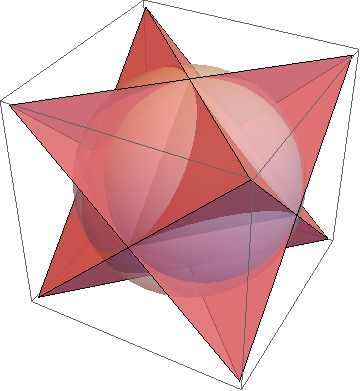Noise thresholds for higher-dimensional systems using the discrete Wigner function
Phys. Rev. A 83, 032310 – Published 17 March 2011
W van Dam, M Howard
For a quantum computer acting on d-dimensional systems, we analyze the computational power of circuits wherein stabilizer operations are perfect, and we allow access to imperfect nonstabilizer states or operations. If the noise rate affecting the nonstabilizer resource is sufficiently high, then these states and operations can become simulable in the sense of the Gottesman-Knill theorem, reducing the overall power of the circuit to no better than classical. In this paper we find the depolarizing noise rate at which this happens and consequently the most robust nonstabilizer states and non-Clifford gates. In doing so, we make use of the discrete Wigner function and derive facets of the so-called qudit Clifford polytope, i.e., the inequalities defining the convex hull of all qudit Clifford gates. Our results for robust states are provably optimal. For robust gates we find a critical noise rate that, as dimension increases, rapidly approaches the the theoretical optimum of 100%. Some connections with the question of qudit magic state distillation are discussed.

